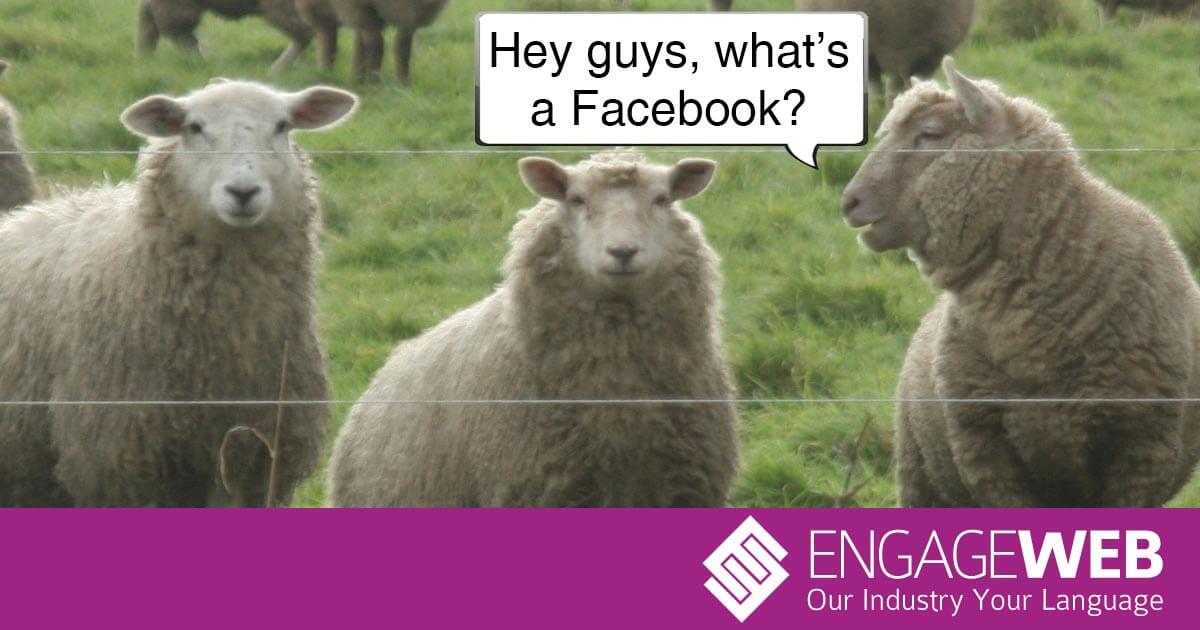For many of us, a day doesn’t go by where we don’t visit one of our beloved search engines or social media sites, and their names have therefore become second nature to us, but it wasn’t always that way.
Until not long ago, I had a computer with such an old version of Microsoft Word, its spellchecker didn’t recognise the word ‘Facebook’. It’s only really in the last decade though that this word has changed from what sounds like a printed compendium of pages detailing people’s facial features, into a multinational social media platform and one of the most intrinsic websites to our lifestyles.
But how did it, and some of the other major sites we use, first get their names? Let’s look into some of them:
Starting with Facebook as we’ve already mentioned it, the term ‘face book’ has existed for longer than the social media site has been around. At American universities, ‘face books’ are commonly used as pictorial web directories of students.
Mark Zuckerberg actually set up his site to be a more sophisticated form of ‘face book’ for Harvard University, and it developed from there. At first, it was called ‘TheFacebook’, which sounds a bit like what your grandmother would call it. By 2005, the superfluous ‘the’ had been dropped and the site has never looked back.
We’ve written before about the origin of Google’s name. A googol is an enormous number that can be written as one followed by a hundred zeros. As vast as Google is, the number of pages Google has ever indexed is still nowhere near a googol.
Microblogging site Twitter was first known as ‘twttr’, because somebody had beaten Jack Dorsey and co. to registering the domain twitter.com. Dorsey has explained that he liked the definition of the word ‘twitter’ as “a short burst of inconsequential information”, although it does appear that what gets tweeted on the site today is far from inconsequential – it may well have had a bearing on who the current incumbent of the White House is!
YouTube
The initial concept of YouTube was for it to be a video-based dating website, hence the emphasis on ‘you’. It gradually evolved into video sharing, and although there are many YouTubers who film their own videos, much of the content on there is material sourced from elsewhere.
Yahoo!
One of the earliest names associated with the web and still a relevant name today, Yahoo! founders Jerry Yang and David Filo simply liked the word “yahoo”, which, when the first syllable is emphasised, refers to a rude and unsophisticated person from the Southern US states, as well as an uncivilised race in Jonathan Swift’s ‘Gulliver’s Travels’. They have also revealed that it can stand for ‘Yet Another Hierarchically Organized Oracle’.
Bing
Microsoft has had a search facility for a while, but only rebranded it as Bing as recently as 2009. Plenty of research went into the name, which was settled upon because it was easy to spell, quick to say and resembled the noise made when some sort of breakthrough is made.
Those behind these names probably had no idea how big and commonly uttered they would become, but in most cases, it’s interesting to note that they are words that already existed. There could be hundreds of words in our dictionaries still just biding their time until a digital powerhouse takes their name and gives them a brand new lease of life.
- How to find a circular reference on Excel - May 23, 2024
- Five life skills learned from internet marketing - January 3, 2024
- How artificial intelligence can (and can’t) help you write content - September 29, 2023



